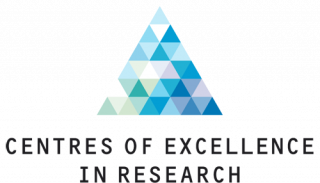The concepts of deviance and deviancy once anchored a great many social scientific and humanistic studies. Beginning in the 1990s, however, scholars began to question their usefulness, with some declaring the study of deviance a dead field. Nevertheless, historians have found the theme of deviance productive, contributing to the study of a number of social processes, including marginalisation, pathologisation, social control, segregation, enhancement and criminalisation. What is clear is that to study those behaviours, thoughts, feelings, and people conventionally deemed deviant is to also study how societies define and enforce normality. The deviant thus has offered a way to defamiliarise the normal and, as result, provided insights into how the mundane itself is made.
Is it possible then to revisit the study of social deviance in a fresh way? Recent interest in the history of human subjectivity offers one possible way to do so. Studies in areas like the history of emotions, the history of persuasion, the history of madness, and the history of sexuality – to name just a few – have increasingly tried to emphasise the experiences and agency of historical actors. This workshop takes its inspiration from this research and focuses on the history of experiencing deviance. By critically assessing the use of the concept of deviance in historical discourse, the workshop also aims at evaluating the relevance of the study of deviance today.
This workshop invites scholars at all levels to consider different forms and experiences of deviance. Proposals for papers are welcome. Topics might include:
- Experiences outside conventional norms
- The experiences of being labelled and treated as a deviant
- Experiences of deviance on the part of those enforcing social norms
- Interpreting biographical experiences (lives) of the so-called deviants by experts
- Experiences of institutions of social control
For individual paper proposals, please submit a title, 200-word abstract, and contact details to Johanna Annola (Tampere University), Greg Eghigian (Penn State University) and Katariina Parhi (Tampere University) at outsiders.outcasts.eccentrics@gmail.com by 13 January 2023. Accepted contributors will be notified by 31 January 2023.
The workshop will be organised in Tampere University, Finland. The travel and accommodation costs of the participants will be covered. The workshop will result in an edited volume by a high-impact publisher.
The workshop is hosted by the Academy of Finland Centre of Excellence in the History of Experiences (HEX). HEX focuses on historical experiences, historical explanations and historical knowledge, and their place in the current world. The conceptual and methodological innovation of HEX is the renewal of how experience is defined and used as a key part of historical analysis. https://research.tuni.fi/hex/

